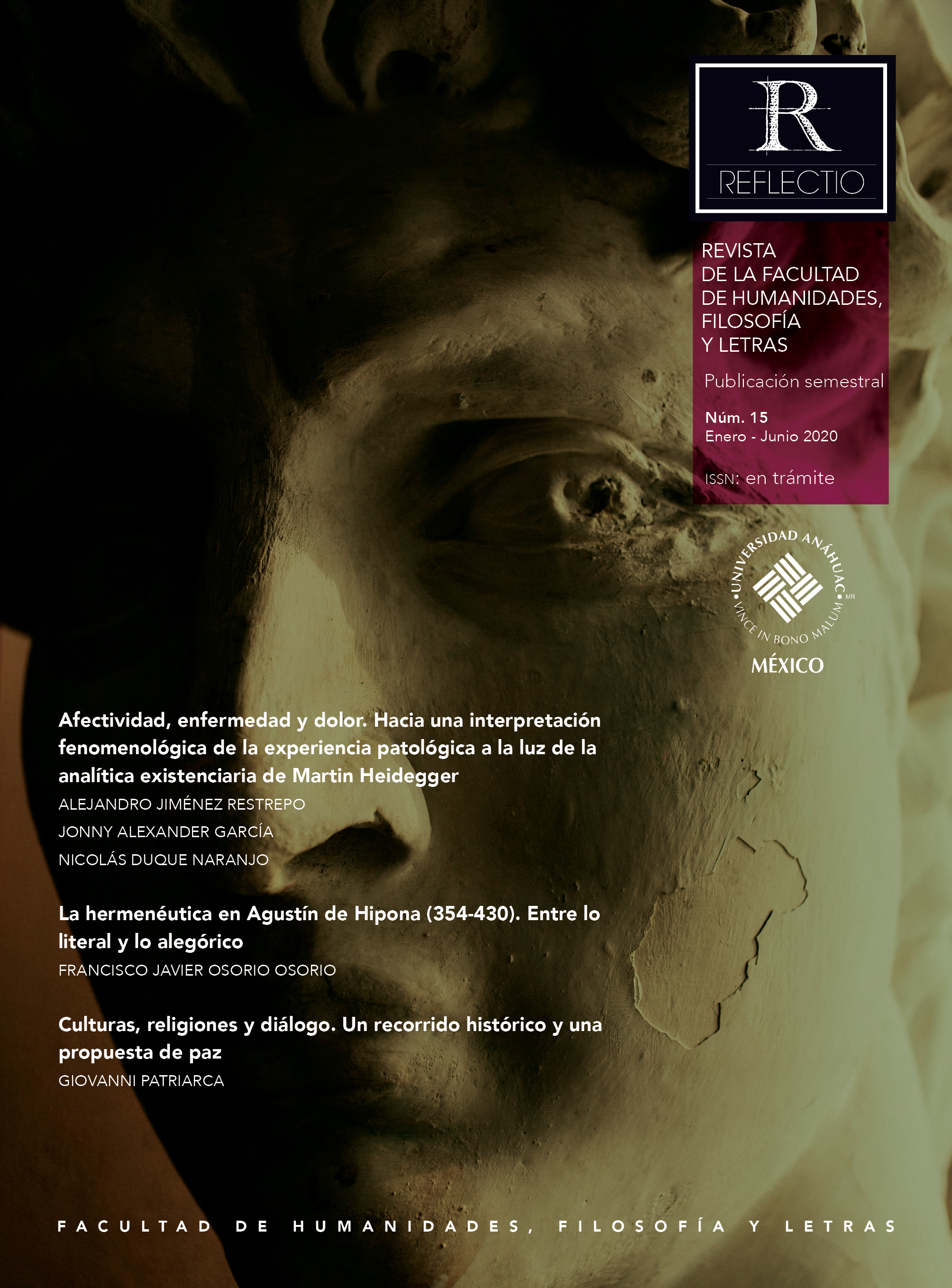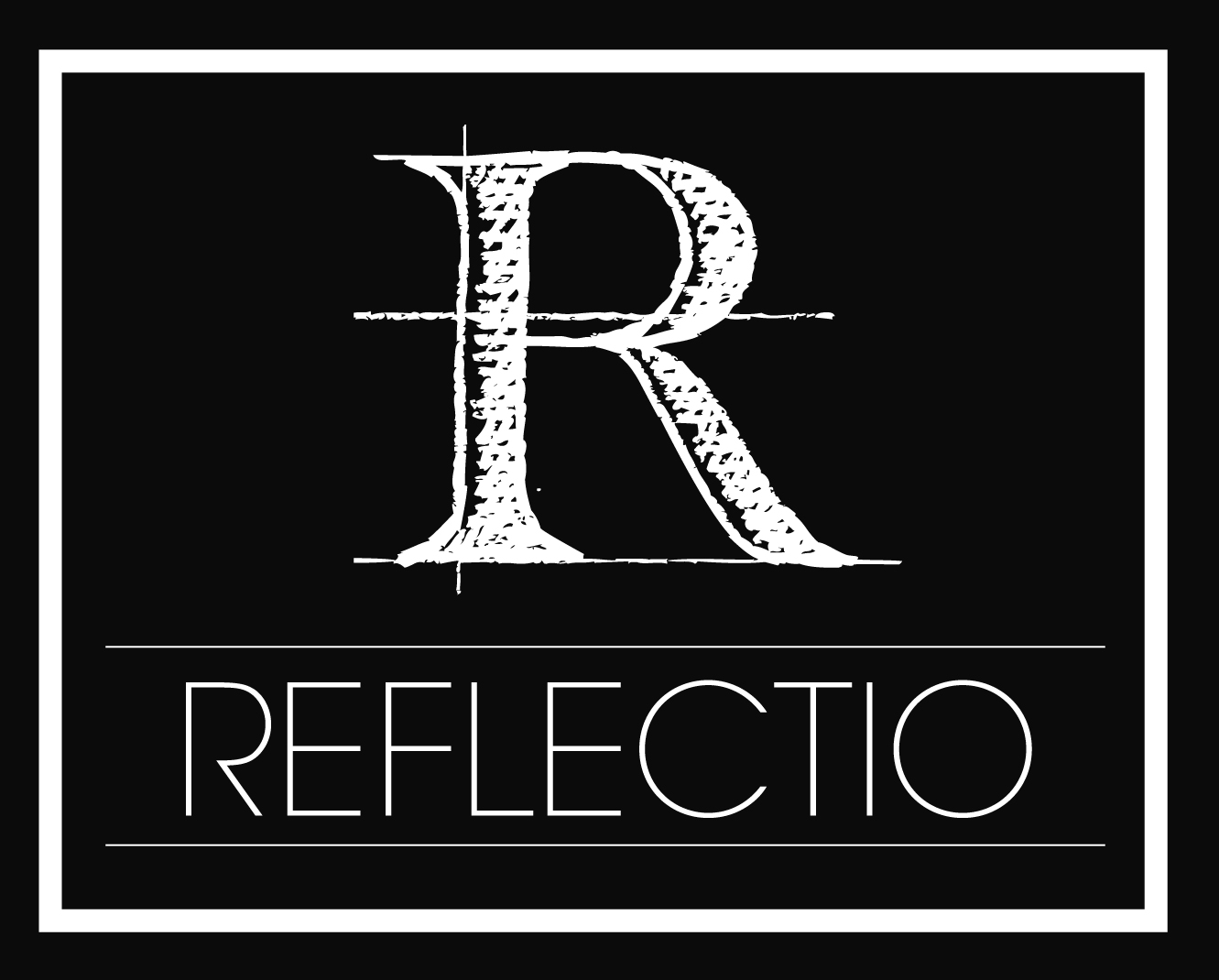AFFECTIVITY, ILLNESS AND PAIN.
TOWARDS A PHENOMENOLOGICAL INTERPRETATION OF PATHOLOGICAL EXPERIENCE IN LIGHT OF MARTIN HEIDEGGER’S EXISTENTIAL ANALYTICS
Keywords:
phenomenology, Heidegger, Disease, pain, existencial analytics, affective dispositionAbstract
The purpose of this investigation is to elucidate, in the light of the fundamental ontology of the first Heidegger, the way in which Phenomenology, illness and pain are lived as experiences that can fulfill a function analogous to that of anxiety within the development of the plan of existential analytics. Within these conditions, the question would be, whether or not these experiences
could lead Dasein to the possession of his own being and a new consciousness, both of himself and of the world. Within these
conditions, what is also intended to be shown is how disease and pain, in parallel with the phenomenon of anguish, can open Dasein in its different ways of being or meeting in the world and from here show that ultimately what is at the base of the existential analytics of Dasein is the fundamental question of how we affectively find ourselves in each particular case.
References
Bedoya Rodas, Carlos Arturo, “Ruina y recuperación de la vida: la hermenéutica en el joven Heidegger”,
Universitas Philosophica, no. 62 (2014): 95-112.
Borges, Jorge Luis. “Funes, el memorioso”. En Obras completas. Buenos Aires: Emecé, 1974.
De Lara, Francisco. “El ser en como tal”. En Ser y tiempo de Martín Heidegger. Un comentario fenomenológico.
Coordinado por Ramón Rodríguez García, 145-166. Madrid: Tecnos, 2015.
Escribano, Xavier. “Poética del movimiento corporal y vulnerabilidad: una reflexión desde la fenomenología
de la enfermedad”. Co-herencia. Revista de humanidades, no. 23 (2015): 71-88.
Gadamer, Hans-Georg. El estado oculto de la salud. Trad. Nélida Machaín. Barcelona: Gedisa, 1996.
García Norro, Juan José. “El cuidado como el ser del Dasein”. En Ser y tiempo de Martín Heidegger.
Un comentario fenomenológico. Coordinado por Ramón Rodríguez García, 167-198. Madrid:
Tecnos, 2015.
Heidegger, Martín. El concepto de tiempo. Traducido por Jesús Adrián Escudero. Barcelona: Herder,
Heidegger, Martín. Prolegómenos para una historia del concepto de tiempo. Traducido por Jaime Aspiunza
Elguezabal. Madrid: Alianza, 2006.
Heidegger, Martín. Ser y tiempo. Traducido por Jorge Eduardo Rivera. Santiago de Chile: Escuela de
Filosofía Universidad ARCIS, 1997. http://www.philosophia.cl
Husserl, Edmund. Conferencias de París. Introducción a la fenomenología trascendental. Trad. Antonio
Zirión Quijano. México: UNAM Instituto de Investigaciones Filosóficas, 1988.
Husserl, Edmund. Meditaciones cartesianas. Trad. José Gaos. México: Fondo de Cultura Económica,
Husserl, Edmund. Ideas relativas a una fenomenología pura y una filosofía fenomenológica II. Trad.
Antonio Zirión Quijano. México: Fondo de Cultura Económica, 2005.
Laín Entralgo, Pedro. La enfermedad como experiencia. Madrid: Alianza, 1966.
López López, Andrés Felipe. “Teoría fenomenológica de la verdad y del juicio”. In Itinere. Revista Digital
de Estudios Humanísticos. Universidad FASTA 5, no. 1 (2015): 76-111.
Merleau-Ponty, Maurice. Fenomenología de la percepción. Trad. Jem Cabanes. Barcelona: Planeta
Agostini, 1985.
Morin, Edgar. Los siete saberes necesarios para la educación del futuro. París: Organización de las
Naciones Unidas para la Educación, la Ciencia y la Cultura, 1999.
Rodríguez García, Ramón. “El ser-en-el-mundo como co-estar y ser sí mismo. El uno”. En Ser y tiempo
de Martín Heidegger. Un comentario fenomenológico. Coord. Ramón Rodríguez García. Madrid:
Tecnos, 2015.
Sanz Peñuelas, Marco Antonio. Fenomenología y enfermedad: una aproximación al estudio de la experiencia
patológica a la luz del “primer Heidegger”. Barcelona: Universidad Autónoma de Barcelona,
Walton, Roberto. Intencionalidad y horizonticidad. Bogotá: Aula de Humanidades, 2015.
Zubiri, Xavier. Sobre el hombre. Madrid: Alianza, 1998.
Downloads
Published
Issue
Section
License

This work is licensed under a Creative Commons Attribution-NonCommercial-NoDerivatives 4.0 International License.
Reflectio is distributed under a Creative Commons License Atribución-NoComercial-CompartirIgual 4.0 Internacional.
The author keeps the property rights with no restriction whatsoever and guarantees the magazine the right to be the first publication of the work. The author is free to deposit the published version in any other medium, such as an institutional archive or on his own website.















